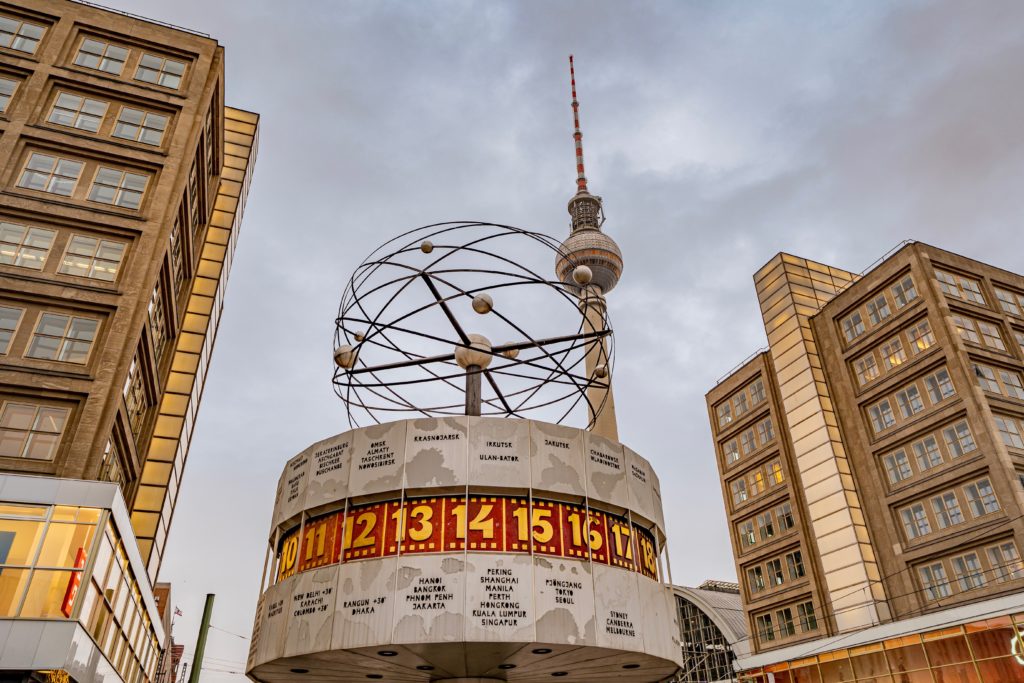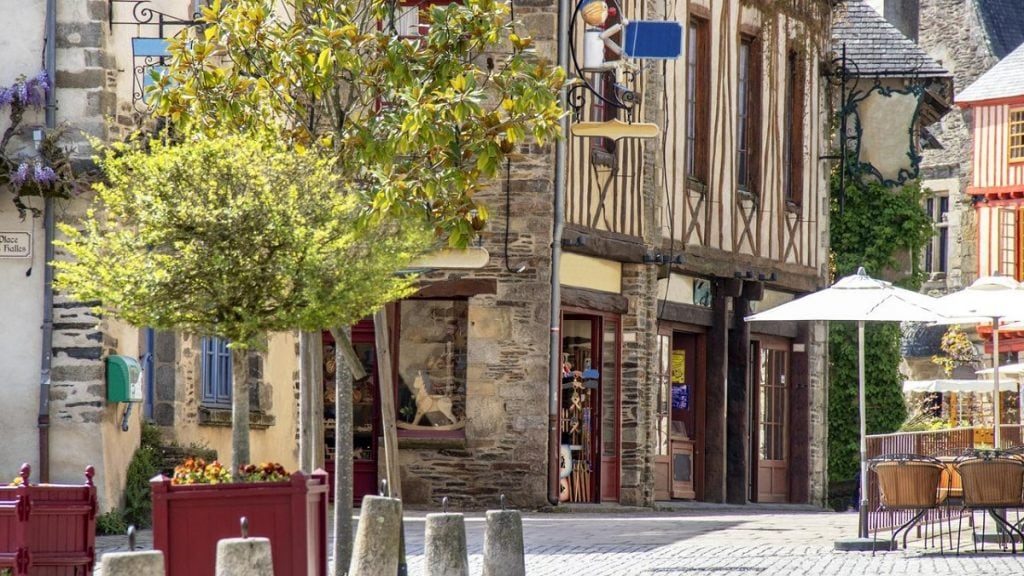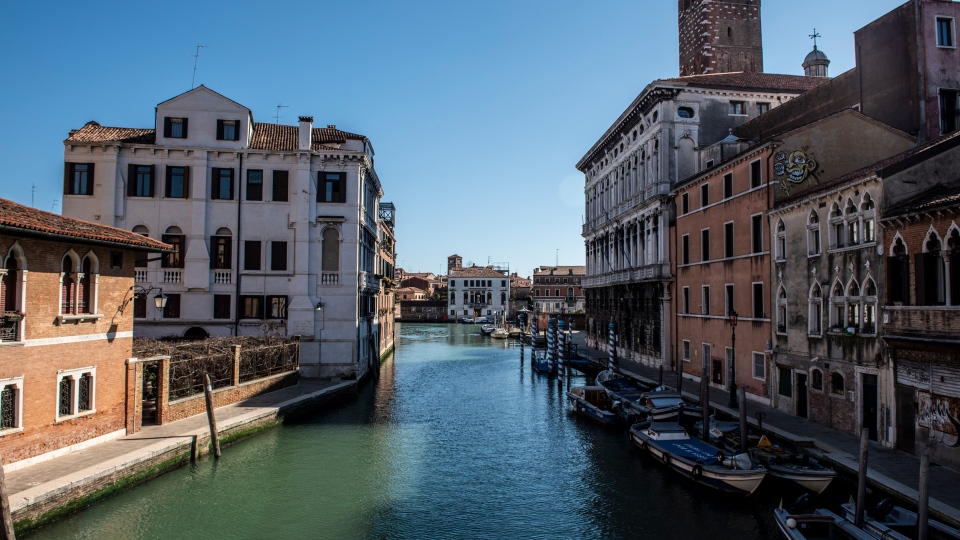Rethinking the pace of life in the time of Covid-19
At Sparknews, we believe that they can also be great opportunities to adapt and rethink our relations with the world. As a team who wants to ignite new narratives that can accelerate the ecological and social transition, we can’t avoid asking ourselves what will be the shape of the global collective story emerging from the current worldwide sanitary emergency. In this week #SparkMinute, let’s focus on time with local examples, of businesses rethinking their models, and of articles and opinions that can nourish our imagination.

For fast-acting relief, try slowing down. ~ Lily Tomlin

When organizations go the extra mile
What is a slow city? A concept born in Italy in 1999, the “cittaslow” advocates for the return to a calm and reasoned rhythm of life with noise pollution control, the preservation of historical monuments, and the promotion of local traditions and products. The slow economies of the Australian city of Goolwaand the Chinese city of Yanxi have surprisingly been gaining momentum with the coronavirus slowed economy. Discover in this Quartz article how Oslo is being rebuilt around something city-dwellers didn’t know they had lost: “slow space”.
What if to boost the economy, we could work less (and take more time to ourselves)? Several countries, spearheaded by New Zealand, are considering reducing the workweek to four days. Alex Soojung-Kim Pang, author of ‘Shorter: Work Better, Smarter, and Less’, made a case for extended weekends in The Atlantic. Perpetual Guardian has for example been offering its 240 employees a 4-day workweek since 2018 and has seen a considerable drop in their stress levels, while a Japanese inn that took a similar step in 2014 has doubled its sales.
In the face of a health emergency, it is difficult not to lose sight of the importance of taking the time to care. Instead of fee-for-service pricing, Buurtzorg is a Dutch company where nurses take the time to drink coffee with patients, getting to know them on a personal level and helping them become independent. During the coronavirus crisis, Buurtzorg adapted by forming a “Crisis Team” to centralize the continually changing information about the virus. The team’s main strength is that the nurses work as an independent team, taking full responsibility for all activities that concern them. Discover the organization in this Forbes article.
As early as 2011, French anthropologist Joël Candauwarned, “Searching, thinking, reading, writing and teaching takes time. We no longer have that time, or we have less and less time […] Our [scientific] institutions promote a culture of immediacy, urgency, just-in-time, projects that follow one another at an ever-faster pace.” The result: a scientific production that explodes but whose quality comes under scrutiny. If the coronavirus crisis has emptied laboratories and amphitheatre benches, Zahra Hussain, founder and director of Laajverd, is calling for a renewed commitment to slow science on the London School of Economics’ blog.

Local initiatives against global disorder
As the coronavirus outbreak takes a disproportionately deadly toll on seniors and African Americans, a new oral history initiative aims to train black Muslim youth to document their elderly community members’ stories. They hope that, by connecting youth with elders who may quarantine alone, they can disrupt the deadly toll that loneliness and anxiety can take on seniors’ health. Read more on Religion News Service.
Do you sometimes binge-watch news? Drawing on the analogy with fast food, some of us found it difficult, if not impossible, to maintain a healthy diet of publicly verified information about Covid-19. Anita Varma, the Assistant Director of Journalism & Media Ethics at the Santa Clara University, explained on the university blogthat emphasizing slow journalism on coronavirus would enrich its utility given the current digital landscape that is already saturated with updates, reports, and summaries. Slow journalists focused on explaining the long view would be relieved of the pressure of immediate deadlines, and be able to provide a reasoned account of the meaning of events, an often unmet need of people in crisis. Nieman Labs recently shared the struggles and successes of this pack of burgeoning “slow journalism” startups including UK quarterly print magazine Delayed Gratification, London-based outlet Tortoise Media, Copenhagen-based digital newspaper Zetland, Germany’s Krautreporter, Switzerland’s Republik, Italy’s Il Salto, Finland’s Long Play and Dutch The Correspondent.

Let’s imagine the future
Gina Kolata, a reporter at the Times focusing on science and medicine, delivers an eye-opening piece on howtrying to define the end of the epidemic will be a long and challenging process. An infectious outbreak can conclude in more ways than one, historians say. Pandemics typically have two types of endings: the medical, which occurs when the incidence and death rates plummet, and the social, when the epidemic of fear about the disease wanes. Bubonic plague, which became known as the Black Death, has struck several times in the past 2,000 years, killing millions of people, and never really went away. Among the diseases to have achieved a medical end is smallpox. Flu pandemics including the 1918 flu, killing troops in the midst of World War I, and the Hong Kong flu of 1968, died socially but still circulate today. Read about it here.
American democracy is clearly in crisis today, but . . . when was it not? The podcast Scene on Radio is twelve episodes deep into its new season-long series The Land That Never Has Been Yet, and it has already shared a gruesome look on American democracy. Authoritarianism, voter suppression, foreign intervention, and the role of money in politics are some of the reasons co-hosts John Biewen and Chenjerai Kumanyika explain American democracy never actually delivered on its promises. Listen to it here.
At Sparknews, are convinced that the coronavirus global outbreak will lead us to draw valuable lessons about our globalized economic system. Whether on matters like education, solidarity, biodiversity or our way of work, it will be up to us to return to the status quo once the health crisis is over, or to reshape everything. Discover our #SparkMinute on education, energy, work, our diet, biodiversity, democracy, bioregionalism, gender, solidarity, and circular economy.




